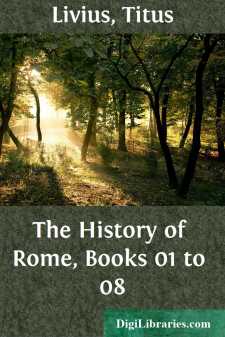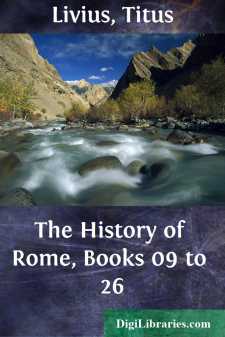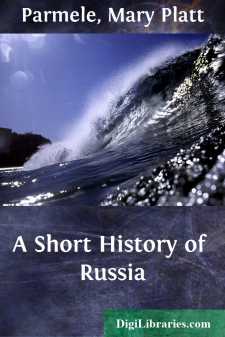Categories
- Antiques & Collectibles 13
- Architecture 36
- Art 48
- Bibles 22
- Biography & Autobiography 813
- Body, Mind & Spirit 142
- Business & Economics 28
- Children's Books 15
- Children's Fiction 12
- Computers 4
- Cooking 94
- Crafts & Hobbies 4
- Drama 346
- Education 46
- Family & Relationships 57
- Fiction 11829
- Games 19
- Gardening 17
- Health & Fitness 34
- History 1377
- House & Home 1
- Humor 147
- Juvenile Fiction 1873
- Juvenile Nonfiction 202
- Language Arts & Disciplines 88
- Law 16
- Literary Collections 686
- Literary Criticism 179
- Mathematics 13
- Medical 41
- Music 40
- Nature 179
- Non-Classifiable 1768
- Performing Arts 7
- Periodicals 1453
- Philosophy 64
- Photography 2
- Poetry 896
- Political Science 203
- Psychology 42
- Reference 154
- Religion 513
- Science 126
- Self-Help 84
- Social Science 81
- Sports & Recreation 34
- Study Aids 3
- Technology & Engineering 59
- Transportation 23
- Travel 463
- True Crime 29
History of France
by: J.R. Green
Description:
Excerpt
CHAPTER I.
THE EARLIER KINGS OF FRANCE.
1. France.—The country we now know as France is the tract of land shut in by the British Channel, the Bay of Biscay, the Pyrenees, the Mediterranean, and the Alps. But this country only gained the name of France by degrees. In the earliest days of which we have any account, it was peopled by the Celts, and it was known to the Romans as part of a larger country which bore the name of Gaul. After all of it, save the north-western moorlands, or what we now call Brittany, had been conquered and settled by the Romans, it was overrun by tribes of the great Teutonic race, the same family to which Englishmen belong. Of these tribes, the Goths settled in the provinces to the south; the Burgundians, in the east, around the Jura; while the Franks, coming over the rivers in its unprotected north-eastern corner, and making themselves masters of a far wider territory, broke up into two kingdoms—that of the Eastern Franks in what is now Germany, and that of the Western Franks reaching from the Rhine to the Atlantic. These Franks subdued all the other Teutonic conquerors of Gaul, while they adopted the religion, the language, and some of the civilization of the Romanized Gauls who became their subjects. Under the second Frankish dynasty, the Empire was renewed in the West, where it had been for a time put an end to by these Teutonic invasions, and the then Frankish king, Charles the Great, took his place as Emperor at its head. But in the time of his grandsons the various kingdoms and nations of which the Empire was composed, fell apart again under different descendants of his. One of these, Charles the Bald, was made King of the Western Franks in what was termed the Neustrian, or "not eastern," kingdom, from which the present France has sprung. This kingdom in name covered all the country west of the Upper Meuse, but practically the Neustrian king had little power south of the Loire; and the Celts of Brittany were never included in it.
2. The House of Paris.—The great danger which this Neustrian kingdom had to meet came from the Northmen, or as they were called in England the Danes. These ravaged in Neustria as they ravaged in England; and a large part of the northern coast, including the mouth of the Seine, was given by Charles the Bald to Rolf or Rollo, one of their leaders, whose land became known as the Northman's land, or Normandy. What most checked the ravages of these pirates was the resistance of Paris, a town which commanded the road along the river Seine; and it was in defending the city of Paris from the Northmen, that a warrior named Robert the Strong gained the trust and affection of the inhabitants of the Neustrian kingdom. He and his family became Counts (i.e., judges and protectors) of Paris, and Dukes (or leaders) of the Franks. Three generations of them were really great men—Robert the Strong, Odo, and Hugh the White; and when the descendants of Charles the Great had died out, a Duke of the Franks, Hugh Capet, was in 987 crowned King of the Franks....












